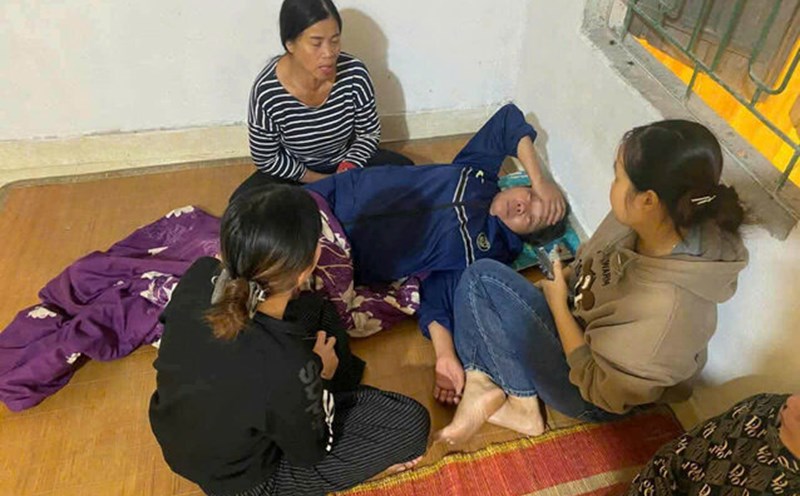All ages need vaccination
Many elderly patients still think they do not need to be vaccinated because they have had an illness or are healthy. But in reality, immunity after vaccination or after natural illness will gradually decrease over time" - Dr. Nguyen Van Dung, Deputy Director of the Institute of Tropical Medicine, Bach Mai Hospital, shared.
According to Dr. Dung, vaccination not only helps create immunity against infectious diseases for each individual, but also contributes to building a "community shield" to prevent outbreaks of epidemics. This is a cost-effective but cost-effective medical investment measure that helps reduce mortality and the burden on the health system.
People with chronic diseases such as cardiovascular disease, obstructive pulmonary disease, diabetes, liver failure, kidney failure... have weakened immune systems, are susceptible to infectious diseases and often progress more severely than healthy people.
"We have seen many cases of pneumonia, flu or worsening shingles in patients with underlying diseases. If they are fully vaccinated, the disease can become much easier, said Dr. Dung.
Not only that, infectious diseases such as bronchitis, flu, hepatitis B or RSV (respiratory complex virus) can aggravate chronic diseases, causing patients to be hospitalized, increasing the risk of death and reducing the quality of life.
Safe vaccination for all subjects
Unlike traditional service vaccination points, vaccination in hospitals is carried out in a standard medical environment, with a strict control process, adequate emergency equipment and a team of doctors trained in handling post-inject reactions.
The special feature of this model is that each patient is examined and consulted separately before vaccination. For those who are receiving inpatient treatment or have many underlying diseases, the doctor will evaluate the appropriate vaccine and the safest time of vaccination.
Vaccination in hospitals helps us personalize disease prevention. Each shot is not only a vaccine, but also a guarantee for the health of each patient - Dr. Nguyen Van Dung emphasized.
Although the benefits of vaccination have been affirmed, the implementation of this model in hospitals still faces many challenges. Some doctors lack consultation time, while the incentive mechanism is unclear. On the people's side, many people are still concerned about side effects, costs or simply do not fully understand the importance of vaccines.
According to Dr. Dung, to change this awareness, open communication and understanding between doctors and patients are key factors. Doctors need to listen and explain clearly, based on scientific evidence. When patients understand why they need to be vaccinated, they will be more proactive in protecting their own health.
Vaccination is not only a right but also a responsibility of each person towards themselves and the community. When each injection is done correctly, sufficiently and safely, it is also the time for us to take a steady step forward on the journey of "preventing diseases rather than treating them".











